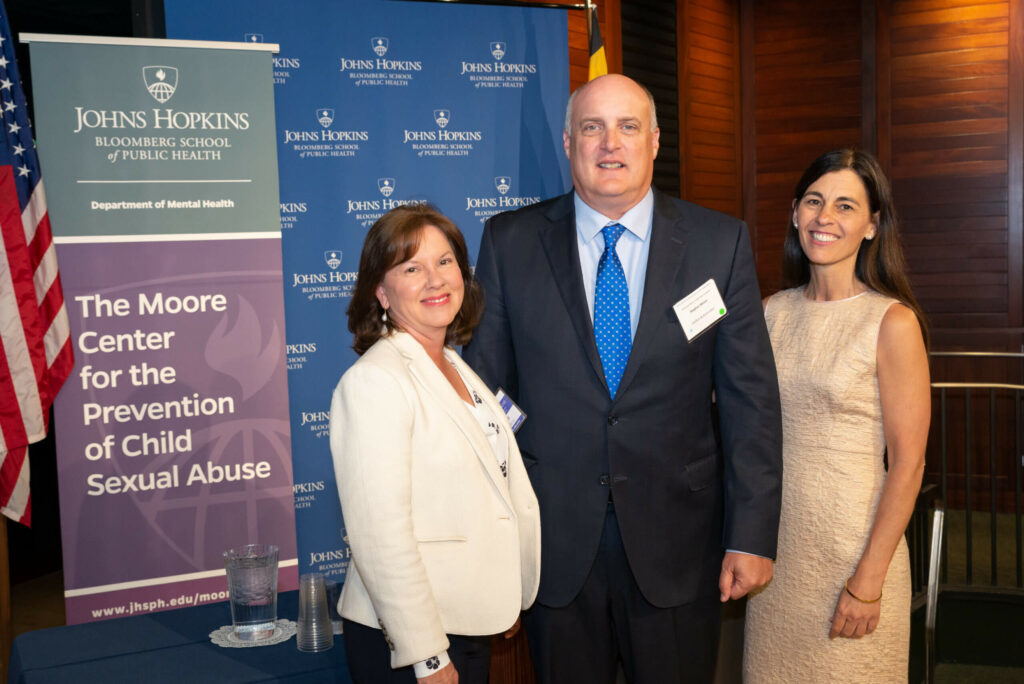My husband and I have three children and because I was the good wife doing as I was told; and never dwelling on the beatings he had administered when he was upset the previous day, he called me his ‘good obedient and respectful wife’. So when I mentioned to him that with the savings I had and with his support, we could start up a village grocery kiosk to gain a little more income and provide for our family. He was a little hesitant but later he allowed. We established a kiosk that I managed. The very next day he warned me saying now that I was managing the kiosk, he still had his eye on me and that I should be very careful of the village women who would spoil me. I reassured him that no one will spoil me. When he said his eye was on me, I did not fully comprehend what he meant until he started asking about everybody who came to the kiosk; what they bought, what they said to me and about him. I was a bit uncomfortable with this kind of probing but I gave him the answers he demanded, everytime he asked. Sometimes when I could not remember the people, he got very upset. Then one evening he questioned why more men came to the kiosk than the women. The probing kept going on and they soon turned into accusations. If I did not remember customers, names, clothes they had worn, why they had taken long at the Kiosk, he concluded that all the men and boys whose names I did not remember were my lovers. These accusations escalated to threats to kill me and closing the kiosk. One night when he returned home drunk, he beat me up and threw me out of the house calling me a slut flirting with village men, casting my smile to whoever looked my way. I went to my brothers’ home but still my husband followed me. He took me back home and the beating continued. I contemplated a number of things including suicide but a friend advised me against it.

We believe that children everywhere deserve the chance to grow and learn in safety – free from the threat of sexual abuse. In recent years, researchers and practitioners have shown that it is possible to stop this abuse from happening in the first place. One example is Dr Elizabeth Letourneau, who develops and evaluates perpetration prevention programmes at Johns Hopkins University. Promising examples also exist elsewhere – with leading programmes in Canada, Sweden, and Germany – but others need to be identified, evaluated, and promoted so they can be implemented around the world.
This is the goal of a new initiative of the Moore Center for the Prevention of Child Sexual Abuse, which Dr Letourneau directs at Johns Hopkins University in Baltimore. In addition to identifying and validating perpetration prevention programmes, the five-year research effort will help build the global capacity to implement them through an online hub for policymakers and practitioners. This work is funded in part by an Oak Foundation grant of USD 10.3 million, the largest philanthropic investment in perpetration prevention to date.
“Most efforts to address child sexual abuse are reactive, with major investments in apprehending, prosecuting, incarcerating, and monitoring perpetrators,” said Stephen Moore, M.D. and founder of the Moore Center. “We see a unique and world-changing opportunity to prevent child sexual abuse from occurring in the first place.”
Dr Letourneau will conduct this work in partnership with Dr Michael Seto, a professor of Psychiatry at the University of Ottawa, and his team at The Royal Ottawa Health Care Group.
This work is supported by Oak’s Prevent Child Abuse Programme, which, together with our partners, seeks to build a world where every child can thrive. Read more about the programme’s strategy here.
